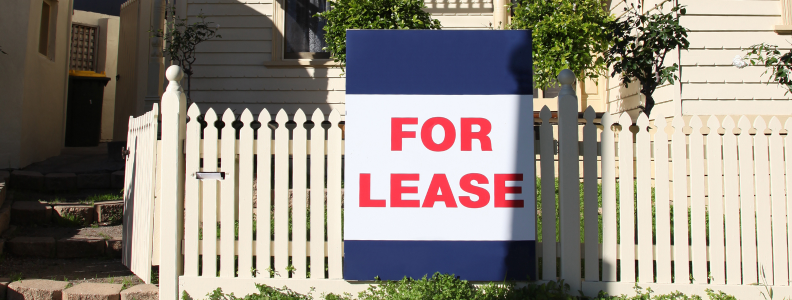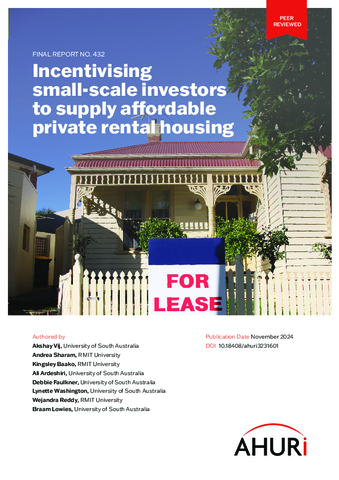This AHURI research examines how governments can encourage small-scale private investors to provide affordable rental housing. It finds that landlords who follow the positively geared, long-term hold investment (LTHI) model are most likely to be part of affordable housing schemes.
The LTHI landlords invest on the basis of positive cashflow earning reliable rental income. In general, they purchase cheaper housing in lower value locations and seek to own their investment property outright by retirement. LTHIs landlords can provide a source of affordable rental housing, but do not tend to lead the creation of new stock.
The landlords will participate in affordable housing schemes that maximise the potential for a positive cashflow, and not those based on financial schemes such as negative gearing and capital gains tax concessions. It is important to index rental increases to market rates so that investors who lock-in to long-term schemes are not disincentivised.
Focus groups with small-scale landlords who lease their properties to social housing providers (SHPs) found the landlords were unanimous in their support for headlease programs. The advantages for landlords included:
- guaranteed rental payments provided cashflow security—such rental guarantees made investors 12 per cent more likely to participate in a scheme
- no loss of rent due to vacancy and no need to advertise for new tenants
- guaranteed make-good provisions gave confidence that the property would be returned in original condition
- reduced administration demands provided peace of mind and a ‘hands free’ approach.


